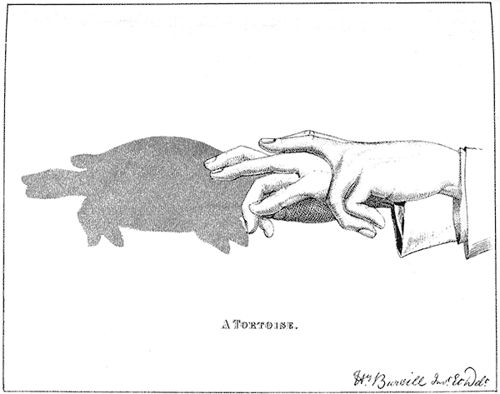“The embarrassing thing is that the salad dressing is out-grossing my films.” — Paul Newman
Entertainment
Vegetarian Actors
Vegetarian actors:
- Pamela Anderson
- Christian Bale
- John Cleese
- Richard Gere
- Darryl Hannah
- Woody Harrelson
- Josh Hartnett
- Dustin Hoffman
- Samuel L. Jackson
- Tobey Maguire
- Ian McKellen
- Gwyneth Paltrow
- Natalie Portman
- Hilary Swank
“I’m not a vegetarian because I love animals,” says A. Whitney Brown. “I’m a vegetarian because I hate plants.”
Awkward Moments
Songs deemed inappropriate by Clear Channel Broadcasting following the 9/11 attacks:
- The Animals – “We Gotta Get Out Of This Place”
- Louis Armstrong – “What A Wonderful World”
- The Bangles – “Walk Like An Egyptian”
- Pat Benatar – “Hit Me With Your Best Shot”
- Filter – “Hey Man, Nice Shot”
- Fuel – “Bad Day”
- Gap Band – “You Dropped A Bomb On Me”
- Godsmack – “Bad Religion”
- Alanis Morissette – “Ironic”
- The Surfaris – “Wipeout”
- Tool – “Intolerance”
CCB also flagged Maureen McGovern’s “We May Never Love Like This Again” … because it was featured in the movie The Towering Inferno.
Superstition
Clowns avoid blue face paint — they consider it bad luck.
Slovenian Disney Characters
Slovenian names of Disney characters:
- Mickey Mouse: Miki Miška
- Minnie Mouse: Mini Miška
- Donald Duck: Jaka Racman
- Daisy Duck: Jakica Racman
- Scrooge McDuck: Stric Skopušnik
- Huey, Dewey and Louie: Pak, Žak in Mak
- Goofy: Pepe
- Pluto: Pluton
- Chip ‘n Dale: Cik in Cak
Unquote
“When in doubt, make a western.” — John Ford
Unquote
“Can’t sing. Can’t act. Slightly balding. Can dance a little.” — Paramount Pictures screen test report on Fred Astaire
Highest-Grossing Films
Highest-grossing films worldwide, to date:
- Titanic (1997)
- The Lord of the Rings: The Return of the King (2003)
- Harry Potter and the Philosopher’s Stone (2001)
- Star Wars Episode I: The Phantom Menace (1999)
- The Lord of the Rings: The Two Towers (2002)
- Jurassic Park (1993)
- Shrek 2 (2004)
- Harry Potter and the Chamber of Secrets (2002)
- Finding Nemo (2003)
- The Lord of the Rings: The Fellowship of the Ring (2001)
At first that looks like a triumph of modern marketing — all of these films were made in the last 12 years. But here are the top ten when receipts are adjusted for inflation:
- Gone With the Wind (1939)
- Star Wars (1977)
- The Sound of Music (1965)
- E.T. the Extra-Terrestrial (1982)
- The Ten Commandments (1956)
- Titanic (1997)
- Jaws (1975)
- Doctor Zhivago (1965)
- The Exorcist (1973)
- Snow White and the Seven Dwarfs (1937)
Titanic has made $1.8 billion worldwide to date, and it’s only number 6 on the all-time list. Gone With the Wind has made $3.8 billion, more than twice as much.
Showoffs
Only nine people have won an Emmy, a Grammy, an Oscar, and a Tony award:
- Mel Brooks
- John Gielgud
- Marvin Hamlisch
- Helen Hayes
- Audrey Hepburn
- Rita Moreno
- Mike Nichols
- Jonathan Tunick
- Richard Rodgers
If you count honorary awards, then Barbra Streisand and Liza Minnelli also qualify. If you count “daytime Emmys,” then so does Whoopi Goldberg.
Ouch

From Hand Shadows to Be Thrown Upon the Wall, by Henry Bursill (1859).
